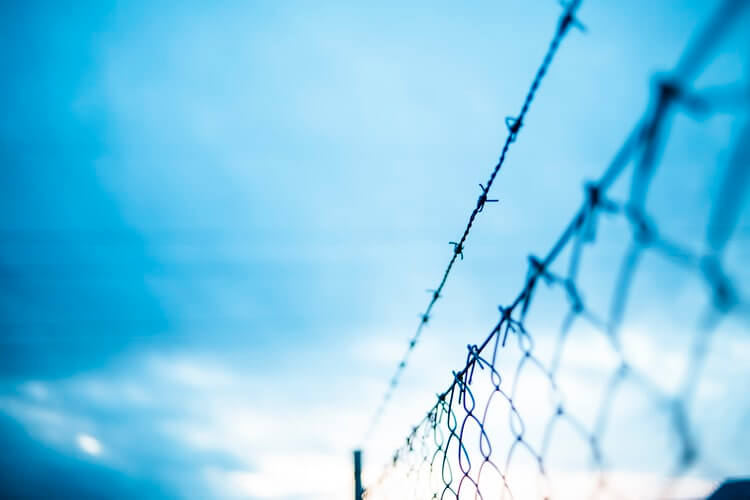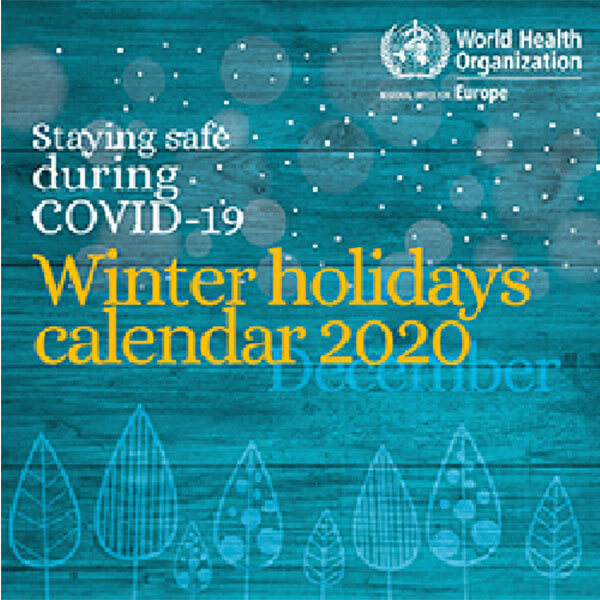Church history – BYU religion professor Anthony Sweat released a book in November that has been seven years in the making.
“Repicturing the Restoration” shares 25 original paintings depicting art from Church history in new ways. Sweat had the idea in 2013 to create a book full of his artwork to aid in understanding the history and doctrine of The Church of Jesus Christ of Latter-day Saints.
“As I taught our church’s history and doctrine, I just started to notice that there were a lot of really important scenes of the restoration that had never been visually depicted or had not been depicted consistent with historical record,” Sweat said.
His idea for a book began with a discussion with his colleagues who were writing a book about the translation of the Book of Mormon. Sweat thought about certain accounts that had never been depicted through art and decided to complete a painting for their book.
His image for their book was of Joseph Smith translating using a hat. He described his portrayal of the account using a hat as something positive. In the past, images of Smith translating using a hat were done to negatively represent the Church.
Sweat then compiled a list of other important topics from Church history which hadn’t been painted according to historical context. One of the ideas he came across was the ordination of Black men, such as Q. Walker Lewis, to the priesthood.
“The ordination of Q. Walker Lewis is a powerfully moving depiction,” said Scott Esplin, publications director at the Religious Studies Center and professor of Church history and doctrine.
Alex Baugh, chair of the Church History department, described the painting as “pathbreaking art.”
Sweat explained Church history can be difficult to understand at times because of a lack of visuals.
“Those who are alive today are the first people who have really been raised on an abundant visual church curriculum,” Sweat said.
Esplin said “Repicturing the Restoration” invites the Spirit in ways reading without art might not. “I learned that art, including art of historical events, might move me spiritually, but that doesn’t necessarily reflect the historical reality of what the event was,” Esplin said. He added Sweat did a great job combining the history and art accurately.
“It’s not a typical art book. It’s a powerful way to teach and to convey historical meaning and interpretation,” Baugh said. He said he has used these paintings with Sweat’s permission in the religion classes he teaches. These images have helped his students learn difficult concepts in Church history.
Each of the 25 paintings in the book was completed solely by Sweat, but he had help from friends and colleagues who modeled for him and edited the book. “There’s always other people you rely on and need,” he said.
The Religious Study Center at BYU published the book, and the process involved a peer review by scholars, editing and proofing.
In the book, Sweat writes about the background behind each piece. “I also include an analysis of the painting. It teaches you how to be visually literate, which is a big part of the book,” Sweat said. He also explained how the art applies to current members of the Church.
“Every painting has those four sections of background image: analyzing the artistic image and application, and an analysis with questions,” Sweat said.
He said everyone who picks up the book must recognize the difference between art and history. He hopes his book will broaden and deepen readers’ understanding of significant parts of Church history. “In art, let art do art’s job, and let history be history’s job, and this book is trying to bring them both together so that they can work together,” Sweat said.
“Repicturing the Restoration” is available at Deseret Book.














